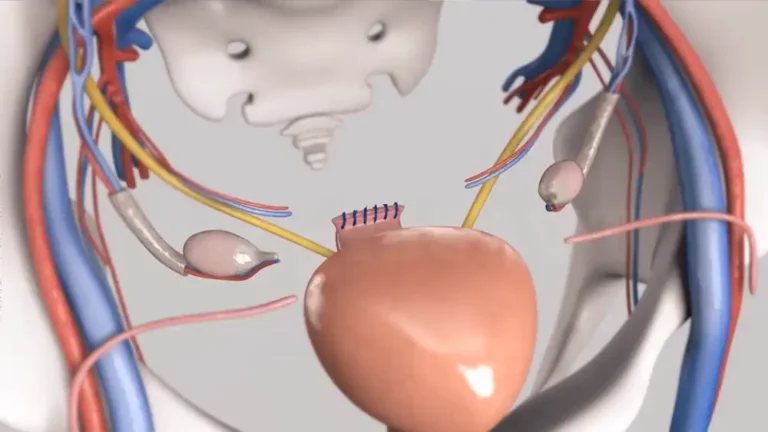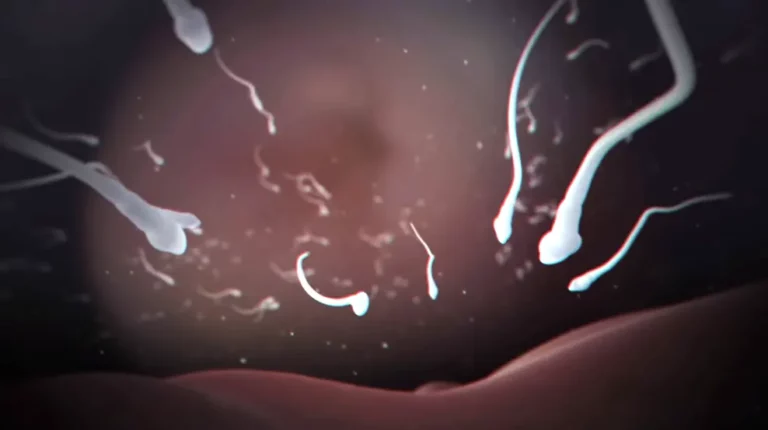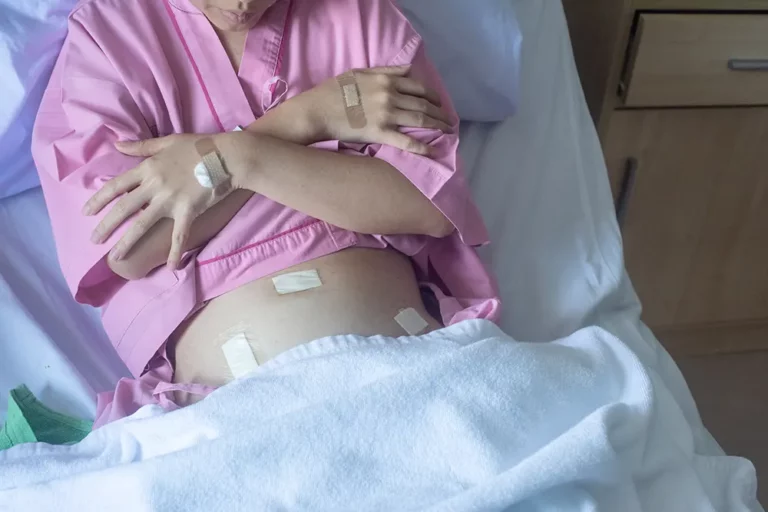Rapid Aging After Hysterectomy Surgery
Hysterectomy is a frequently performed surgical procedure in which the uterus is removed, typically to address uterine conditions like fibroids or endometriosis, or reproductive organ-related cancers. While it can provide relief from certain medical issues, it’s essential to comprehend its potential impact on the body, specifically with regards to hormonal changes and the possibility of rapid aging. In this article, we’ll delve into the connection between hysterectomy and aging , the function of hormones, and the consequences of various types of hysterectomies on the aging process.
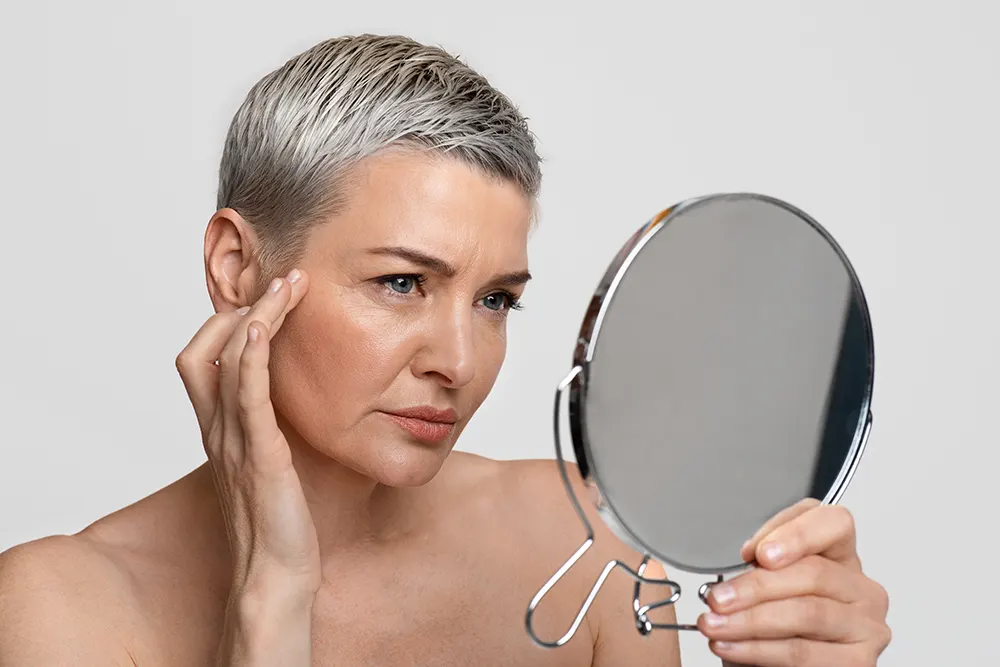
Hormones and Aging
Hormones, particularly estrogen, play a crucial role in the aging process. Estrogen not only regulates the reproductive system but also influences various bodily functions, including bone density, cardiovascular health, and skin elasticity. As women approach menopause, their estrogen levels naturally decline, leading to symptoms associated with aging, such as hot flashes, vaginal dryness, and changes in skin texture. Hysterectomy, especially when accompanied by the removal of the ovaries (bilateral oophorectomy), can induce a sudden loss of estrogen, triggering hormonal changes and potentially accelerating the aging process.
Types of Hysterectomy
There are different types of hysterectomies, each with varying degrees of impact on hormonal balance and aging symptoms. The three primary types include:
1. Total Hysterectomy
When a woman undergoes a total hysterectomy, her uterus and cervix are removed while her ovaries are left in place. Because the ovaries still produce estrogen, the hormonal changes may not be as significant. However, if the blood supply to the ovaries is compromised during surgery, menopause symptoms may still occur.
2. Hysterectomy with Bilateral Oophorectomy
In a hysterectomy with bilateral oophorectomy, both ovaries are removed along with the uterus and cervix. This procedure induces surgical menopause, causing an abrupt decline in estrogen levels. Consequently , women who undergo this type of hysterectomy may experience more pronounced aging symptoms and an increased risk of conditions associated with estrogen deficiency, such as osteoporosis and heart disease.
3. Hysterectomy without Ovary Removal
If the ovaries are not removed during a hysterectomy, the body’s natural hormone production can continue. However, it is important to note that even without the ovaries, the adrenal glands still produce a small amount of estrogen. The impact on aging symptoms may vary depending on the individual and their hormone levels prior to the surgery.
4. Radical Hysterectomy:
A radical hysterectomy is typically performed for gynecologic cancers, such as cervical or ovarian cancer. In addition to removing the uterus and cervix, the surrounding tissues, including the upper part of the vagina, lymph nodes, and sometimes the fallopian tubes and ovaries, are also removed.
5. Total Hysterectomy with Bilateral Salpingo-Oophorectomy:
This comprehensive procedure involves the removal of the uterus, cervix, fallopian tubes, and both ovaries. It is commonly performed to address conditions like ovarian cancer, endometriosis , or to lower the risk of ovarian cancer for individuals at high risk.
6. Radical Hysterectomy with Bilateral Salpingo-Oophorectomy:
Similar to a radical hysterectomy, this more extensive surgery entails the removal of the uterus, cervix, upper vagina, lymph nodes, fallopian tubes and both ovaries. It is primarily utilized for the treatment of advanced gynecologic cancers.
Symptoms showing that hysterectomy cause rapid aging
Research suggests that rapid aging symptoms can occur after a hysterectomy, particularly in cases where both the uterus and ovaries are removed. Some common symptoms associated with rapid aging after hysterectomy include:
- Skin Aging: Reduced estrogen levels can lead to decreased skin elasticity, dryness, and increased wrinkles, making the skin appear older.
- Bone Loss: Estrogen deficiency resulting from hysterectomy can contribute to accelerated bone loss, increasing the risk of osteoporosis and fractures.
- Cardiovascular Changes: Estrogen plays a protective role in cardiovascular health, and its sudden loss may increase the risk of heart disease and related conditions.
- Cognitive Function: Some studies suggest a link between estrogen loss and cognitive decline, including memory problems and an increased risk of dementia.
- Metabolic Changes: Hormonal fluctuations after hysterectomy may affect metabolism, potentially leading to weight gain or difficulty maintaining a healthy weight.
Long-Term Effects and Considerations
It is important to consider the long-term effects of hysterectomy and the potential impact on overall health and well-being. While rapid aging symptoms can occur after a hysterectomy, it is essential to recognize that every individual’s experience may vary. Some women may not notice significant changes in aging symptoms, while others may experience a more pronounced effect. Here are a few additional factors to consider:
1. Hormone Replacement Therapy (HRT)
For women who undergo hysterectomy with bilateral oophorectomy and experience severe menopausal symptoms , hormone replacement therapy (HRT) can be a viable option. HRT involves taking estrogen and, in some cases, progesterone to supplement the body’s hormone levels. This can help alleviate menopausal symptoms and potentially reduce the impact of rapid aging after hysterectomy.
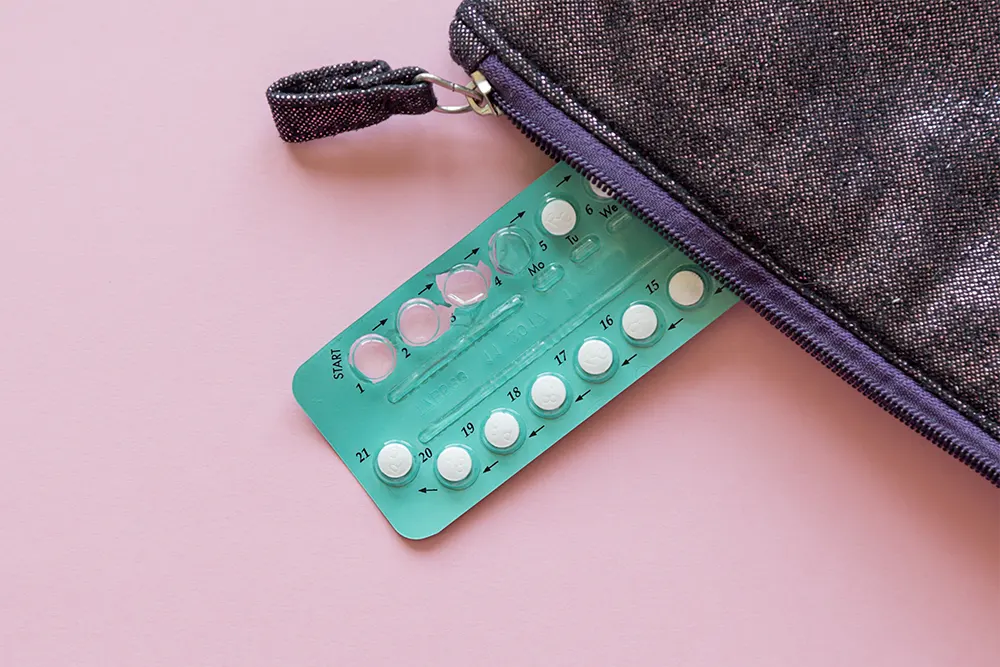
2. Individual Health Factors
Each woman’s health profile, including pre-existing conditions, lifestyle choices, and genetic predispositions, can influence the degree of rapid aging symptoms experienced after a hysterectomy. It is crucial to discuss these factors with your doctor and consider personalized approaches to manage any potential effects.
3. Lifestyle Modifications
Embracing a healthy lifestyle can have a positive influence on the aging process, regardless of whether a hysterectomy has been undergone. Consistent physical activity, a well-balanced diet abundant in essential nutrients, sufficient hydration, effective stress management, and adequate sleep all play vital roles in promoting overall well-being and can assist in alleviating the effects of aging.
4. Ongoing Medical Care
After a hysterectomy, it is crucial to have regular check-ups with your healthcare provider. These check-ups are vital for monitoring hormone levels, bone density, cardiovascular health, and other relevant factors to detect and address any potential issues at an early stage. Your doctor can provide guidance on appropriate screenings, lifestyle adjustments, and treatment options tailored to your specific needs.
5. Emotional Support
Undergoing a hysterectomy and experiencing rapid aging symptoms can be emotionally challenging for many women. It is important to seek emotional support from loved ones, join support groups, or even consider therapy to navigate the physical and emotional changes associated with the procedure.
Q1: Does having your ovaries removed during a hysterectomy contribute to rapid aging?
A1: Yes, when both ovaries are removed during a hysterectomy , symptoms of low hormone levels, particularly estrogen, can appear. This hormonal change can potentially accelerate the aging process.
Q2: Can a radical hysterectomy cause premature aging?
A2: While a radical hysterectomy involves the removal of the uterus, cervix, and surrounding tissues, its direct impact on aging is not well-established. However , hormonal changes resulting from the surgery may contribute to certain aging symptoms.
Q3: Are there any specific symptoms of rapid aging after a hysterectomy?
A3: Rapid aging symptoms following a hysterectomy can vary from person to person. Common symptoms may include skin aging, bone loss, changes in metabolism, and potential cardiovascular effects.
Q4: Can women who have undergone a hysterectomy experience symptoms similar to menopause?
A4: Yes, women who had a hysterectomy, particularly when the ovaries are removed , may experience symptoms of menopause (similar). These symptoms can include hot flashes, mood changes and vaginal dryness.
Q5: Does a hysterectomy with the removal of ovaries always cause rapid aging?
A5: Rapid aging symptoms may occur after a hysterectomy with the removal of ovaries, but the extent of these symptoms can vary among individuals. Factors such as age, overall health, and hormonal balance prior to the surgery can influence the degree of rapid aging.
Q6: Can a hysterectomy alone make you age faster?
A6: A hysterectomy alone, without the removal of ovaries, may not directly cause rapid aging. However, hormonal changes and adjustments in the body’s hormone levels can still affect aging symptoms to some extent.
Q7: What are the signs of aging that may occur after a hysterectomy?
A7: Signs of aging following a hysterectomy can include changes in skin texture and elasticity, increased risk of bone loss and osteoporosis, potential metabolic changes, and cardiovascular implications.
Q8: Can a hysterectomy cause hormonal changes?
A8: Yes, a hysterectomy can cause hormonal changes, particularly if the ovaries are removed. This can lead to fluctuations in estrogen levels , which may impact various aspects of physical and emotional health.
Conclusion
While a hysterectomy is a surgical procedure that can bring relief from certain medical conditions, it is crucial to be aware of its potential impact on the aging process. Rapid aging symptoms, particularly when both the uterus and ovaries are removed, can occur due to hormonal changes. Understanding the different types of hysterectomies, their effects on estrogen levels and the potential long-term consequences is vital for making informed decisions about your health.
If the possibility of undergoing a hysterectomy is on your mind, it is crucial to have an open and comprehensive discussion with your doctor regarding your concerns, available options, and potential outcomes. Your doctor possesses the expertise to provide personalized guidance that takes into account your unique circumstances. It is important to keep in mind that there exist diverse strategies, including hormone replacement therapy, lifestyle modifications, and ongoing medical care, which can aid in the management and reduction of the impact of rapid aging symptoms following a hysterectomy. By prioritizing self-care and equipping yourself with knowledge, you can confidently navigate this significant change in your life.

